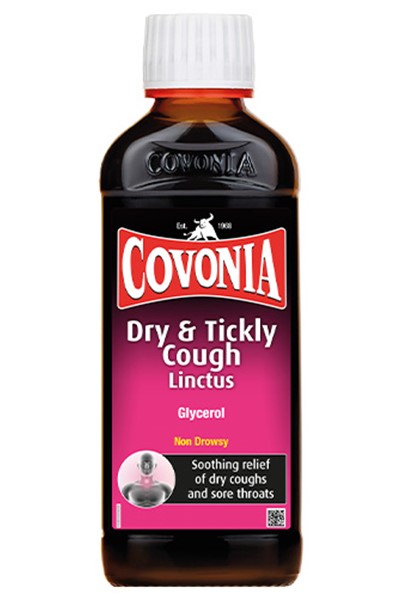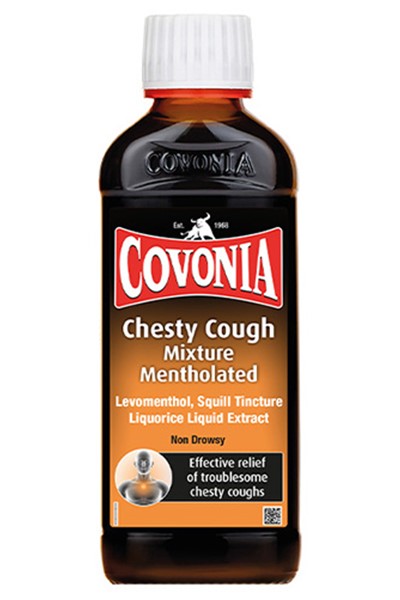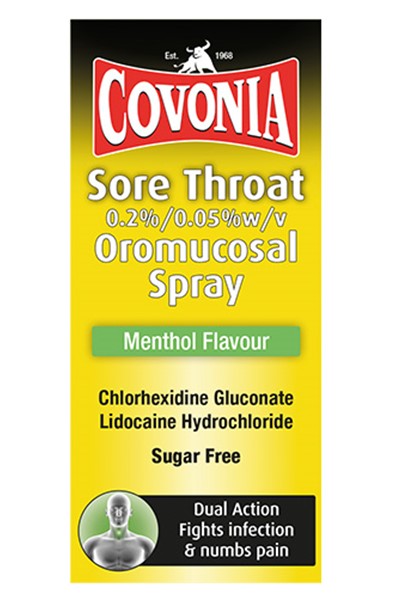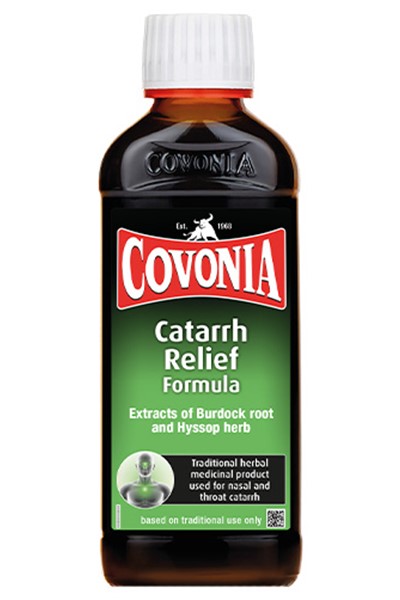CHESTY COUGH ADVICE: HOW TO HELP A CHESTY COUGH
The first step to fighting a cough is working out what opponent you’re facing. If you have a chesty cough, you’ll know about it. Read on for our expert advice and some tips from a specialist doctor on how to help a chesty cough, including symptoms, causes and effective treatments to keep you fighting fit.
Note: The doctor involved does not endorse any medical brands or products.
WHAT IS A CHESTY COUGH?
A cough is a natural reflex action to clear your airways of irritants. A chesty or ‘productive cough’ is specifically caused by congestion in your lungs. Your body tries to clear your airways by producing phlegm or mucus to help clear the infection, which you then cough up.
CHESTY COUGH SYMPTOMS
Chesty cough symptoms include a heavy, ‘wet’ cough that’s raspy and can temporarily unblock your throat, producing mucus. Another key symptom is that your chest may feel heavier than usual. If you begin coughing up blood, have a temperature, chest pain or wheezing, please see your GP or pharmacist.

HOW DOES A CHESTY COUGH SOUND AND FEEL?
As a chesty cough is caused by congestion, your chest may feel heavy or tight. You will also likely cough up mucus or phlegm, and because of this, it resembles a heavy, hacking cough. Unpleasant - we know.
WHAT CAUSES A CHESTY COUGH?
Chesty coughs are often triggered by a virus, meaning that antibiotics won’t be an effective treatment. They also often follow a sore throat, a cold or the flu. Other chesty cough causes include more serious conditions like asthma, heart failure, chronic bronchitis or a respiratory infection. You can be more at risk of these if you smoke or have low immunity.
HOW LONG DOES A CHESTY COUGH LAST?
Like most other coughs, a chesty cough will usually clear up on its own within a couple of weeks. If you’ve had a cold, it’s usually the last symptom to go away. If your cough persists for longer than this or gets worse, please speak to a medical professional.
HOW TO RELIEVE A CHESTY COUGH
If you’re wondering how to help a chesty cough, the most important thing is to give it time, as most coughs will resolve on their own. However, there are also lots of chesty cough treatments you can try to help banish your cough. We recommend:
- Getting lots of bed rest and prioritising sleep
- Staying hydrated by drinking enough water
- Keeping your head elevated to ease discomfort and help you breathe more easily
- Turning your central heating down low so that you don’t exacerbate your symptoms
- Avoiding alcohol and caffeine as these can worsen symptoms and cause dehydration
- Opening a window for fresh air
- Trying warm drinks to soothe your throat, like hot water with honey and lemon
- Doing some gentle exercise to clear your airways
- Trying steam inhalation or a hot shower to shift mucus
For more information, watch a doctor give their top tips for treating a cough.
Note: The doctor involved does not endorse any medical brands or products.
HOW TO TREAT A CHESTY COUGH
Chesty cough treatments are specially formulated with decongestants (like our Chesty Cough Mixture Mentholated) or expectorants (such as Chesty Cough Sugar Free and Mucus Cough Oral Solution) to loosen or break down mucus in your airways, making it easier to cough up. We do not recommend taking cough medicines designed to suppress coughs if you have a chesty cough, as this can lead to further infections.
Help get rid of your chesty cough with our range of products from Covonia. Not sure whether you have a chesty cough? No problem. Learn more about the other types of cough and how we can help you fight them head-on in our Articles & Advice hub.








